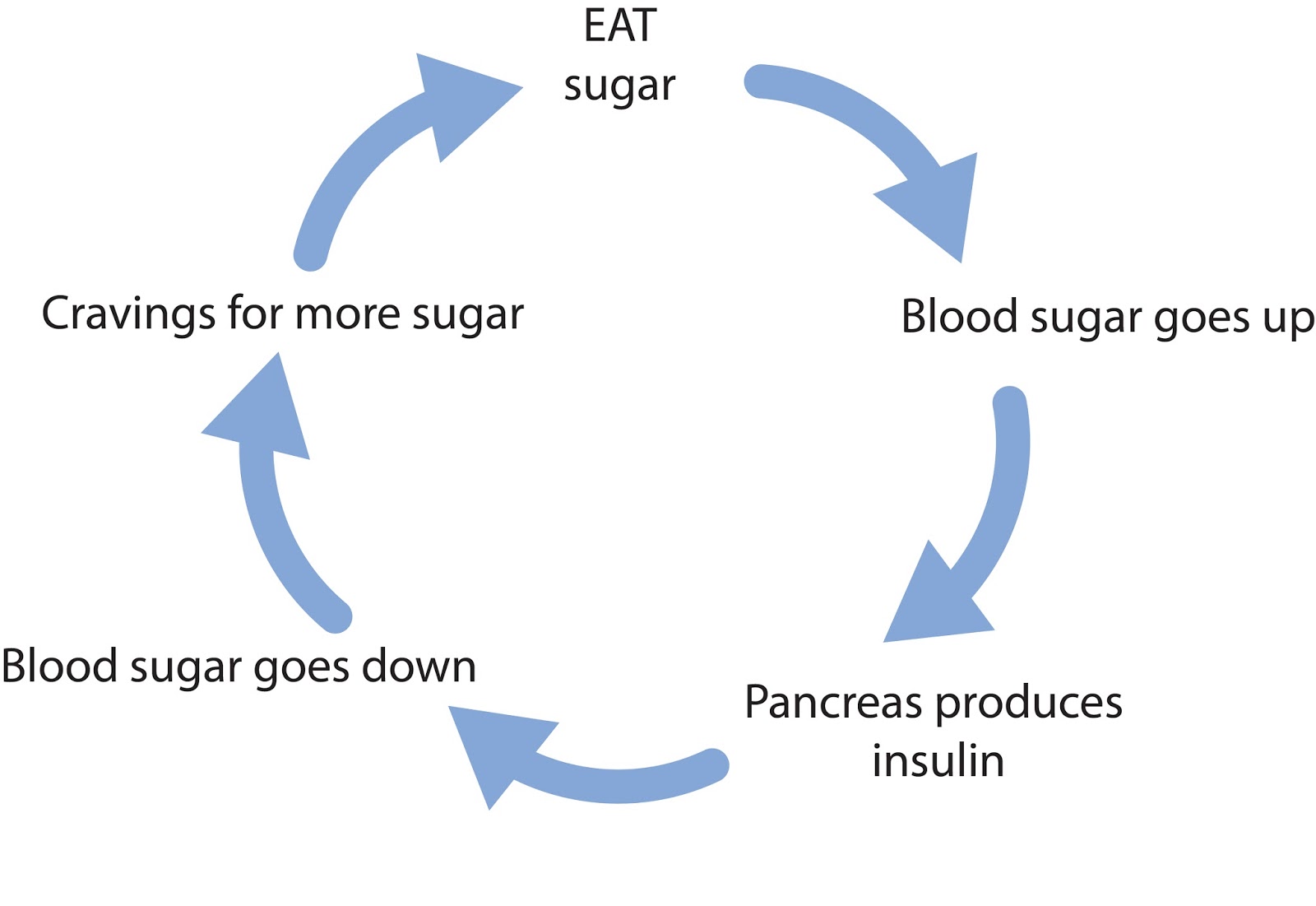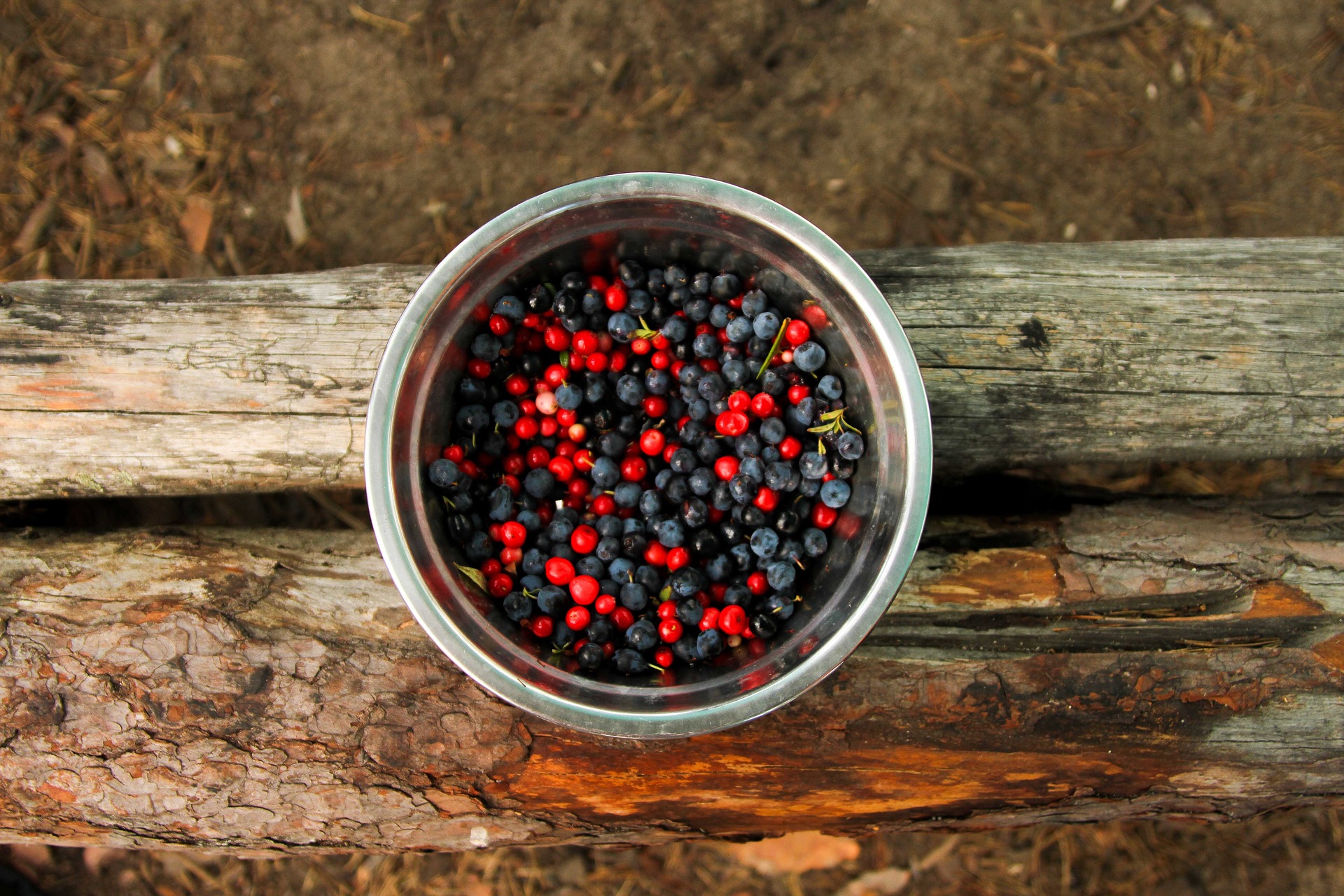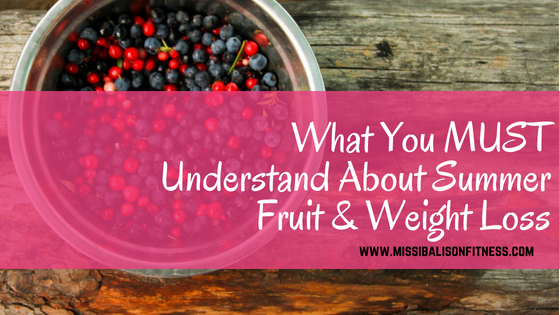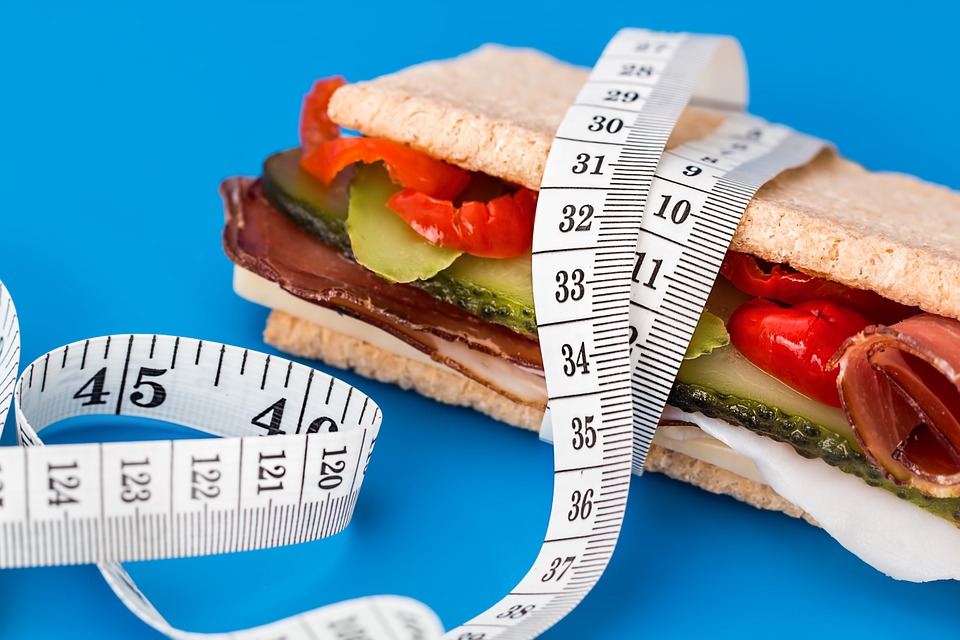Fruit And Fat Loss
With summer in full effect, I’m personally craving more fruit – it’s so refreshing and easy to get your hands on, but I am also being careful to balance my two goals of getting nutrients from eating fruit and fat loss.
Eating too much fruit and fat loss do not go hand in hand. It is important to remember that while fruit is a very nutritious food, it is not necessarily a fat loss food.
I had a nutrition consultation client a few weeks ago that learned the very same thing….
She brought me her food log and while it was a very “clean” log – lots of whole real nutritious foods – she was struggling with fat loss. When I looked closely at her food log I noticed that she was eating A LOT of fruit every day.
Now, this would have been completely fine if fat loss had not been her goal. You see, she had been stuck for quite a while and was getting very frustrated. She was preparing for a 100 mile hike and knew that if she could just lose 8-10 pounds that she would be MUCH more comfortable. Truth!
Another thing to note about this client is that she is a woman in the perimenopausal window… More on that later…
So, during her consultation I learned a few more things about her lifestyle and goals, likes and dislikes as well as her past experiences with nutrition. We made a few simple adjustments and just 9 days later she sent me this message…
“Good morning, Missi! In case you didn’t know…you REALLY know what you’re talking about, when it comes to nutrition!! Although I haven’t been using the meal tracker online, I have changed my nutrition considerably—reducing fruits to two or less per day, and at more appropriate times, based on exercise intensity levels. I’ve made some of the delicious meals from the personalized cookbook you emailed me, too.
So, wanted you to know that I’ve lost FOUR (and ½) pounds this week! Vegetables coming out my ears!
Thank you for that consultation. I believe it will be life-changing!” Crystal
This was SO cool. So simple, yet sometimes we just need a few tweaks to push our great intentions a little further.
Now, while there are certainly more adjustments that can be made down the road, getting her fruit consumption dialed in was a great way to get the ball rolling for her fat loss goals. Let’s take a look at why this happened.
A quick lesson in fruit, sugar and fat loss…
I am going to simplify the lesson today but once you understand how this works I hope that  you will be very motivated to keep an eye on your sugar intake to aid in your fat loss.
you will be very motivated to keep an eye on your sugar intake to aid in your fat loss.
When we eat simple carbohydrates (such as white bread, potatoes, skittles and fruit) they turn to sugar in the bloodstream very quickly.
When there is sugar in the bloodstream, the body produces a fat storage hormone called Insulin.
Insulin’s job is to take sugar out of the bloodstream (it is corrosive to the cells and the body does not want large amounts of it floating around on a regular basis) and to store it in the muscle and liver for later use (to fuel your activity).
Insulin is what keeps our blood sugar from getting too high or too low. If you have more sugar in your body than it needs, insulin helps store the sugar in your liver and releases it when your blood sugar level is low or if you need more sugar, such as in between meals or during physical activity
One of insulin’s roles in the body is fat storage… Insulin tells the body to stop burning its fat stores and instead, absorb some of the fatty acids and glucose in the blood and turn them into more body fat.
As the nutrients are absorbed, insulin levels drop and the “fat burning doors” open up again.
So, you can see that if we introduce sugars such as starchy carbohydrates, skittles and even fruit all throughout the day we could be keeping our body in a state of fat storage more often than fat burning.
Now, keep in mind that insulin is not the only factor in fat loss, being in a calorie deficit plays a major role as well, but it is one piece of the puzzle
Here is the skinny on fruit…
Fruits contain a mix of carbohydrate types, such as simple sugars, starches, soluble and insoluble fiber. Simple sugars break down quickly in the body, while fiber slows digestion. Fruit has a small amount of fructose plus some other slower digesting carbohydrates types, vitamins, minerals, phytonutrients, and fiber. It provides you with sustained energy and lots of other good stuff.
Fresh fruit also contains fiber and nutrients, as well as vitamins, minerals, and a variety of antioxidants and phytonutrients. Fiber, especially soluble fiber has many benefits. They include reduced cholesterol levels, slowed absorption of carbohydrates, and increased satiety. There is also evidence that soluble fiber can contribute to weight loss.
 Fruits contain several vitamins and minerals, the most abundant are Vitamin C, Potassium, and Folate. It is a good idea to switch up the kinds of fruit you are consuming to make sure you are getting a wide variety of nutrients. To maximize nutrient density, aim to eat fruits that are in season to your local area.
Fruits contain several vitamins and minerals, the most abundant are Vitamin C, Potassium, and Folate. It is a good idea to switch up the kinds of fruit you are consuming to make sure you are getting a wide variety of nutrients. To maximize nutrient density, aim to eat fruits that are in season to your local area.
Some of the highest fiber fruits are berries, apricots, green apples and cherries.
As mentioned before, fiber is what helps to slow the rate at which fruit turns to sugar in the blood stream.
When You May Want to Avoid Fruit
Fruit is healthy for most people but there are a few instances when people may want to avoid fruit or limit your intake to 1-2 servings per day.
For example, perimenopausal/menopausal women tend to be very carbohydrate intolerant. This means that when they eat too many carbs or sugars (even fruit sugars) they can easily pack on the weight.
Diabetics or pre-diabetics should keep an eye on fruit consumption because their use of insulin is inefficient and will cause sugar to build up in the bloodstream causing more production of insulin therefore causing more fat storage
Some people are actually carb intolerant. This means that when insulin tries to store the blood sugar (glucose), the body resists the message to do so. When this happens, the sugars hang out in the boodstream and is stored as fat. There are enzymes that are needed for proper breakdown of carbohydrates and sugars and some people are actually deficient in them. Recent studies have shown a correlation between the amount of these enzymes and obesity. If you are that person that gets within a 5 mile radius of carbs and puts on weight, despite being active and burning enough calories each day, this could be you
It’s more than just science…
Another thing to consider is to take a look at HOW and WHY you are eating all of this fruit. Many of us will use fruit as a go to to help satisfy a sugar craving.
Don’t get me wrong, If you are eating fruit instead of processed foods such as cookies, candy, ice cream, etc. it is a bsolutely a BETTER choice. Having an apple with some almond butter or strawberries and macadamia nuts for an afternoon snack will provide you with much more nutrition than anything you will find packaged on a shelf. Putting some real homemade whipped cream on fresh berries after dinner is a better choice than reaching for the pint of ice cream (with 57 unknown ingredients) in the freezer!
bsolutely a BETTER choice. Having an apple with some almond butter or strawberries and macadamia nuts for an afternoon snack will provide you with much more nutrition than anything you will find packaged on a shelf. Putting some real homemade whipped cream on fresh berries after dinner is a better choice than reaching for the pint of ice cream (with 57 unknown ingredients) in the freezer!
It is important that you are not using fruit to satisfy your sugar cravings, as that won’t help you to change your dessert or sugar habits. As with any food, you also want to make sure that you feel in control when you are eating fruit.
Ask yourself, am I reaching for fruit to satisfy a sugar craving or fill an emotional void right now? If the answer is YES, try the two minute rule. Get out the fruit, and then wait a few minutes before you actually prepare and eat it. This will give you some time and space to determine if you are eating it for the right reasons (it tastes delicious, I’m physically hungry, I’m making a conscious decision to eat something delicious, I feel good about this decision) or are you eating it for the wrong reasons (I’m anxious, I’m stressed, my sugar habit is taking over…)
If you find that at EVERY meal you are reaching for fruit to tame your sugar craving, you may want to evaluate what is going on. Again, it’s not the fruit that is the issue, it’s goes back to HOW, WHY and HOW MUCH you are eating it. Are you choosing to eat it for the right reasons? And if you are, great!!! Enjoy every bit of it, eat it slowly and mindfully, but if not, how can you change your habits? Can you go for a walk after dinner or make yourself a cup of herbal tea instead?
Balancing Fruit And Fat Loss
Fruit and fat loss can be achieved together. When eating fruit with other foods you can help to slow down the rate at which it turns to sugar in the bloodstream, thus reducing the amount of fat storage happening in the body. Try balancing that plate out with some protein from lean meat sources and fiber from vegetables
A Few Things To Keep In Mind
- Eat the rainbow. As with vegetables, the good stuff is in the plant pigments.
- Eat for the season. Try to get fresh local organic blueberries at the farmers market.
- In the summer, it is likely that you are more active and therefore require more carbohydrates.
- With the warmer weather, fruit is very satisfying and refreshing on a hot day
- During the winter months, aim to get your starchy carbohydrates from root vegetables as they are in season and readily available. This time of year you may or may not find yourself eating much fruit at all because it not in season.
- Eat fruit according to your activity level. On the days that you are training or just moving more in general, eat more fruit because your body can handle it better. On days when you do a light workout such as walking or yoga, or find yourself sitting a lot, you may have 1 serving of fruit or none at all.
- Eat a 3:1 ratio of vegetables to fruit. Focus on getting in 7-9 servings of vegetables per day and then fill in with fruit. It can be too easy to do the opposite.
- Avoid high fructose corn syrup and other forms of fructose. Choose fresh foods instead of processed versions.
Now please don’t get me wrong, I am not saying that you should never eat fruit if fat loss is your goal. I am just saying that you want to make sure it is in moderation and is in the right proportion to vegetable intake
It is important to pay attention to how you feel after eating certain types of food and in what amounts. That is ultimately what helps you to create your own supportive nutrition plan. Notice how fruit works for YOUR body.
For about 90% of the population fruits are a great addition to a real food based diet that includes protein, non-starchy vegetables, and healthy fats.
So, as for me, I’ll be enjoying some fresh, in-season fruits (my favorites are various kinds of berries) in moderation this summer…
How about you?
Grab a FREE Snack Attack recipe book that will hack your snack and have you snacking healthier by the end of the week



